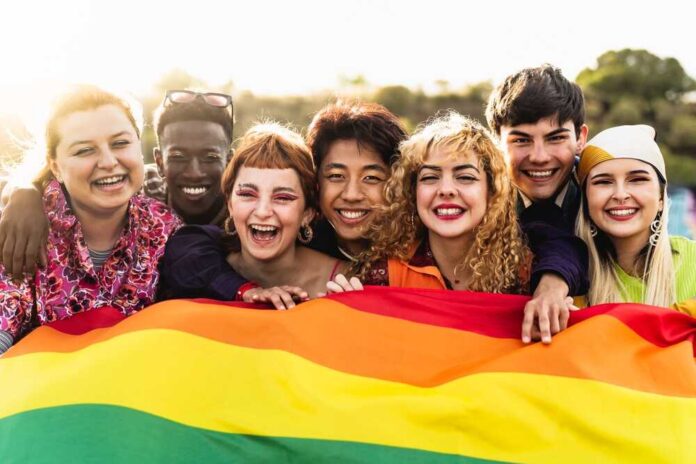The LGBTQ+ community has a greater prevalence of certain cancer risk factors, according to a new report released by a prestigious cancer research group.
The American Cancer Society (ACS) has pinpointed some risk factors that might make LGBTQ+ people more likely to get cancer.
One of the most notable health inequities faced by LGBTQ+ groups is the fear of physicians refusing treatment due to their orientation or gender identity, according to the organization’s 2024 Cancer Facts & Figures report.
At this time, medical professionals in nine states can choose not to assist transgender patients undergoing gender change surgery.
Disparities experienced by LGBTQ+ cancer survivors are also detailed in the 84-page report. It shows that these people frequently have problems with their emotional and physical well-being. Cigarette smoking and strong alcohol consumption are also more typical within this group. In addition, individuals often face hostility and discomfort from medical professionals.
Stress levels are high because they face so many obstacles, including internalized homophobia, discrimination, rejection, and prejudice.
One out of three people encounter prejudice when trying to use the restroom. Disturbingly, this prejudice is even present in healthcare facilities.
The study emphasized that these stresses may increase the likelihood of mental health or drug use issues, unhealthy habits that increase the risk of cancer, and other serious health problems.
Lesbians and bisexual women who are overweight are more likely to acquire twelve different cancers, including breast, uterine, and pancreatic cancers. Colorectal cancer preventive tests are more common among gay men (67% vs. 58%) than among straight men (58%).
If we want transgender people to have better health outcomes, the American Medical Association (AMA) says we need to make it easier for them to get care that affirms their gender identity.
The group asserted that there was a correlation between gender-affirming therapy and several positive outcomes, including fewer suicide attempts, less sadness and anxiety, less drug use, better adherence to HIV medication, and less dangerous self-prescribed hormone usage.
A large portion of the transgender health policy committee at the World Health Organization does not have a medical background but is heavily involved in gender identity advocacy, as revealed in a January report.














